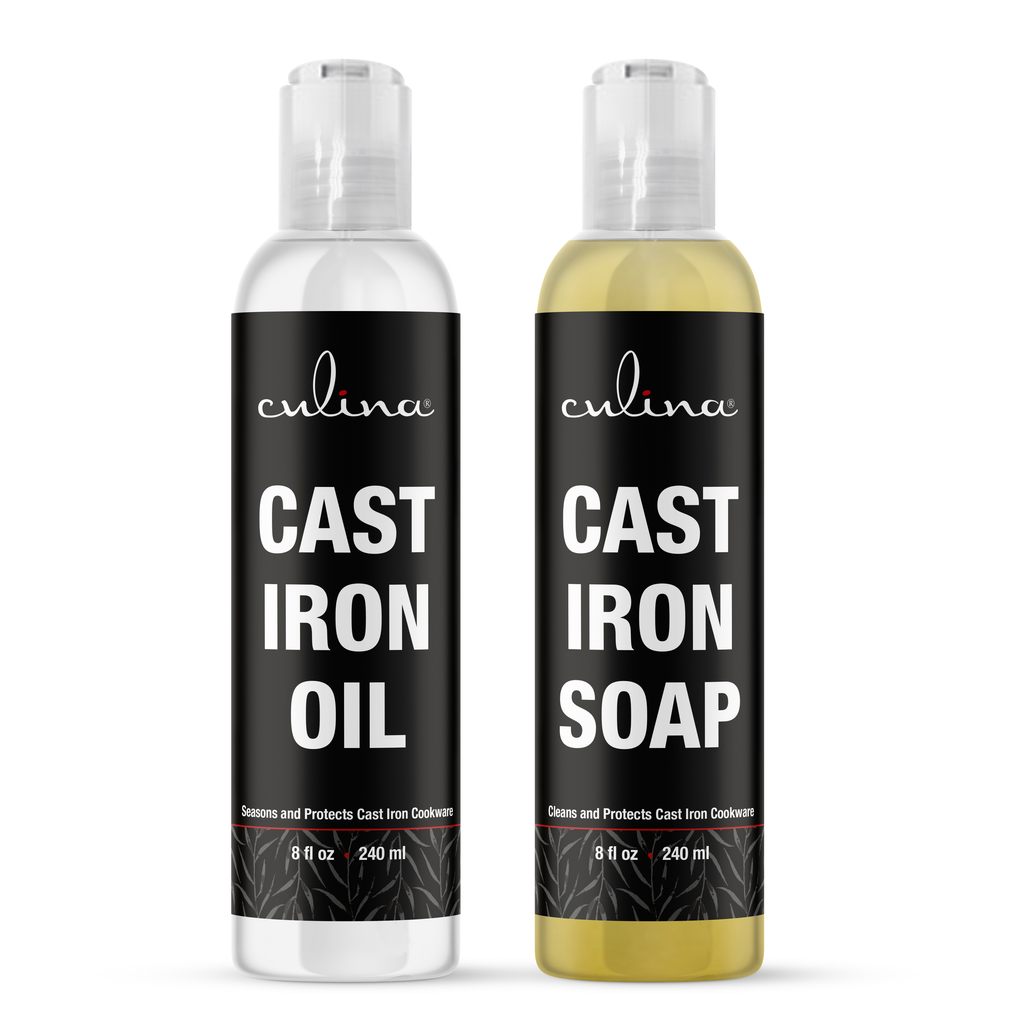How to Tell If Sesame Oil Is Bad: Signs and Tips?
As a beautician, you rely on various oils to create treatments that enhance your clients' beauty and well-being. One oil that has gained significant popularity is sesame oil, known for its rich nutrients and versatility. However, just like any other cooking oil, it can spoil, leading to a loss of quality and effectiveness.
In this article, we will dive deep into how to tell if sesame oil is bad, explore the key signs of spoilage, and share valuable tips to ensure your sesame oil stays fresh and usable for as long as possible. This knowledge is crucial not only for your professional practice but also for overall health.

Understanding Sesame Oil
Before we jump into the signs of spoilage, let's first understand what makes sesame oil unique. Sesame oil, derived from sesame seeds, is rich in antioxidants, vitamins, and minerals. It's commonly used in both traditional cooking and various beauty treatments due to its moisturizing and healing properties.
However, its shelf life can be affected by factors like exposure to light, heat, and air, making it essential for beauticians to know how to store sesame oil properly.

Key Signs to Look For
When assessing whether sesame oil has gone bad, there are several important signs you should be aware of:
1. Unpleasant Smell
Fresh sesame oil has a pleasant, nutty fragrance. If you notice a rancid or sour odor, its a clear indication that the oil has spoiled. Simply smelling the oil can be one of the easiest ways to assess its freshness.
2. Change in Color
Quality sesame oil typically has a golden to amber color. If you observe a change to a darker or cloudy appearance, it could signify spoilage. Lightening or cloudiness can indicate that the oil has absorbed moisture or formed contaminants.
3. Flavor Alterations
When using sesame oil in recipes or beauty treatments, take a small taste test. Fresh oil should have a sweet, nutty flavor. If it tastes bitter or has an off-flavor, its time to discard it.
4. Sediment Formation
Any sediment or floating particles in your sesame oil could suggest that it has gone bad. These particles can arise from the breakdown of the oil or the presence of contaminants, making it unsafe for use.

How Long is Sesame Oil Good For?
Knowing how long sesame oil remains good for is crucial for avoiding spoilage. Generally, unopened sesame oil can last for about two years, while opened bottles should be used within six months to a year.
It's always best to check the expiration date on your sesame oil bottle, as it can vary by brand.

Storage Tips for Sesame Oil
Proper storage goes a long way in prolonging the shelf life of your sesame oil. Here are some important tips to consider:
1. Keep It Cool and Dark
Store your sesame oil in a cool, dark placepreferably in a cabinet away from light and heat sources. The pantry is usually a good option.
2. Use Dark Bottles
If possible, purchase sesame oil that comes in dark glass bottles. These types of containers provide extra protection against light exposure.
3. Seal Tightly After Use
Always make sure the cap is tightly sealed after each use. Air exposure can accelerate the spoilage process.
What Happens if You Eat Expired Sesame Oil?
Using spoiled sesame oil in food or beauty treatments may not just lead to ineffective results. Consuming expired oil can expose you to harmful bacteria and compounds. You can read more about the potential consequences of consuming expired oils here.
FAQ Section
1. Can I extend the shelf life of sesame oil?
While you can't significantly extend the shelf life, proper storage in a cool and dark environment can help retain its quality for longer.
2. Is toasted sesame oil different from regular sesame oil?
Yes, toasted sesame oil has a richer flavor due to the toasting process, which complicates its storage and shelf life. Learn more about it here.
3. How can I tell if its okay to use sesame oil for beauty treatments?
Follow the same signs mentioned for cooking. A rancid smell, off-taste, or unusual appearance indicates its best to avoid using it on the skin.
With this knowledge, you can confidently assess your sesame oil and ensure that it remains a beneficial component of your professional toolkit.
As an Amazon Associate, I earn from qualifying purchases.

